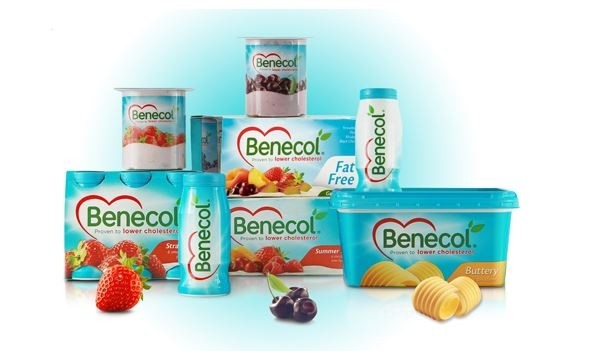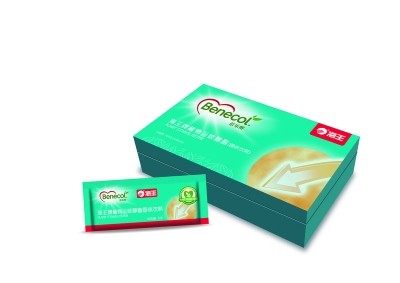“This is a good move for Raisio. They are the correct parent of this niche brand.”
Raisio brings cholesterol-lowering Benecol home for €90m

Raisio has paid €88.4m to take back the licensing rights from Johnson & Johnson subsidiaries Cilag and McNeil Nutritionals in the UK, Ireland, Belgium and the US.
CEO Matti Rihko said the move meant Raisio could develop the, “Benecol business on our own terms, following our strategic objectives.”
US fail
Analyst Julian Mellentin from New Nutrition Business agreed the EU-health claim-backed brand was better served under Raisio’s roof than at J&J which since 1998 had tried and failed to turn on a mass audience, especially in the US where large marketing outlays were unable to ever push sales much beyond €24m annually. The brand was removed in 2002 before being reintroduced but sales are below €10m State-side today.
Despite the buy-back McNeil will continue to act as distributor in the short term while new arrangements are made.
“McNeil plowed a lot of money into the brand but I doubt they ever won a positive return on investment,” Mellentin told us. “J&J should have sold it 10 years ago.”
“I think this indicates a problem with trying to market foods with medical premises to a mass public. Food is food and medicines are medicines. Products in between are niche and companies need to understand this and Raisio does so this is a good move for Raisio. They are the correct parent of this niche brand.”
The range has been more successful in the UK and Ireland where sales are worth about €65m for a range first launched in Finland in 1995 and which includes spreads, yoghurt drinks and other products.
It said the buy-back would add about €9m to its EBIT profit line on sales of €76m and goodwill of €116m. The deal has been financed with an €80m loan.
Euromonitor puts the global market for these kinds of products at about €2.45bn with Unilever’s pro.activ and Benecol the runaway leaders.
Raisio has said it seeks expansion in Asia and South America and has been launching products in those markets recently, sometimes with local players.
Plant sterols and stanols won EU approval in 2009 that allowed them to make cholesterol-benefitting claims under article 13 (general function) and 14 (disease risk factor reduction) of the EU nutrition and health claims regulation (NHCR) such as: “Plant sterols and plant stanol esters have been shown to lower/reduce blood cholesterol. High cholesterol is a risk factor in the development of coronary heart disease.”

















